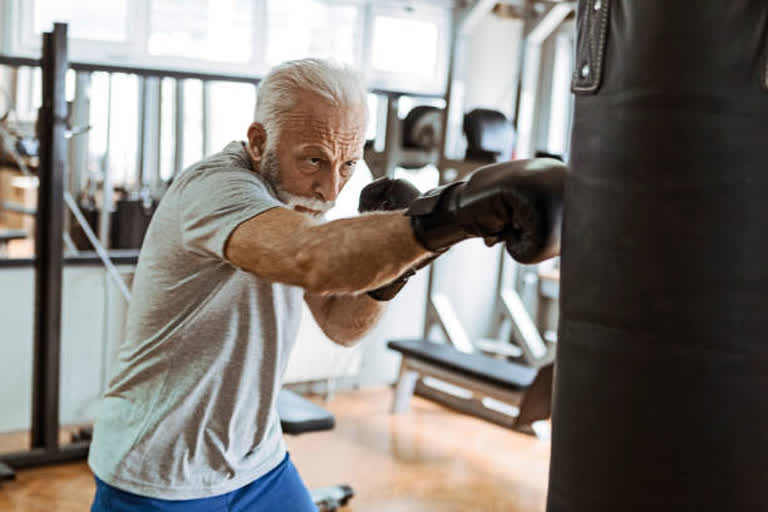Michigan [US]: Each person ages differently. Due to a variety of intrinsic and extrinsic circumstances, two 50-year-olds who have lived the same number of years may have distinct biological ages, resulting in various rates of ageing and varying levels of risk for disease and early death.
Disease, poor food, smoking, and other lifestyle factors all hasten biological ageing beyond chronological age. In other words, you're ageing more quickly than you should be. And for the first time, researchers have discovered a link between accelerated biological age and muscle weakness indicated by grip strength, a proxy for overall strength capacity. Results in The Journal of Cachexia, Sarcopenia and Muscle show that grip strength declines with biological age, specifically.
Researchers at Michigan Medicine used three "age acceleration clocks" based on DNA methylation, a process that offers a molecular diagnostic and estimator of the pace of ageing, to analyse the link between biological age and grip strength of 1,274 middle-aged and older persons. The timepieces were initially designed after numerous research looking at early mortality, Alzheimer's disease, inflammation, diabetes, cardiovascular illness, cancer, physical impairment, and so forth. The findings show that lower grip strength and biological age acceleration across the DNA methylation clocks were associated with older men and women.
"We've known that muscular strength is a predictor of longevity, and that weakness is a powerful indicator of disease and mortality, but, for the first time, we have found strong evidence of a biological link between muscle weakness and actual acceleration in biological age," said Mark Peterson, PhD, M.S., lead author of the study and associate professor of physical medicine and rehabilitation at the University of Michigan. "This suggests that if you maintain your muscle strength across the lifespan, you may be able to protect against many common age-related diseases. We know that smoking, for example, can be a powerful predictor of disease and mortality, but now we know that muscle weakness could be the new smoking."
The eight to ten years of observation were the real strength of this study, according to Jessica Faul, PhD, M.P.H., a research associate professor at the University of Michigan Institute for Social Research and a co-author of the study. Lower grip strength predicted faster biological ageing measured up to a decade later.
